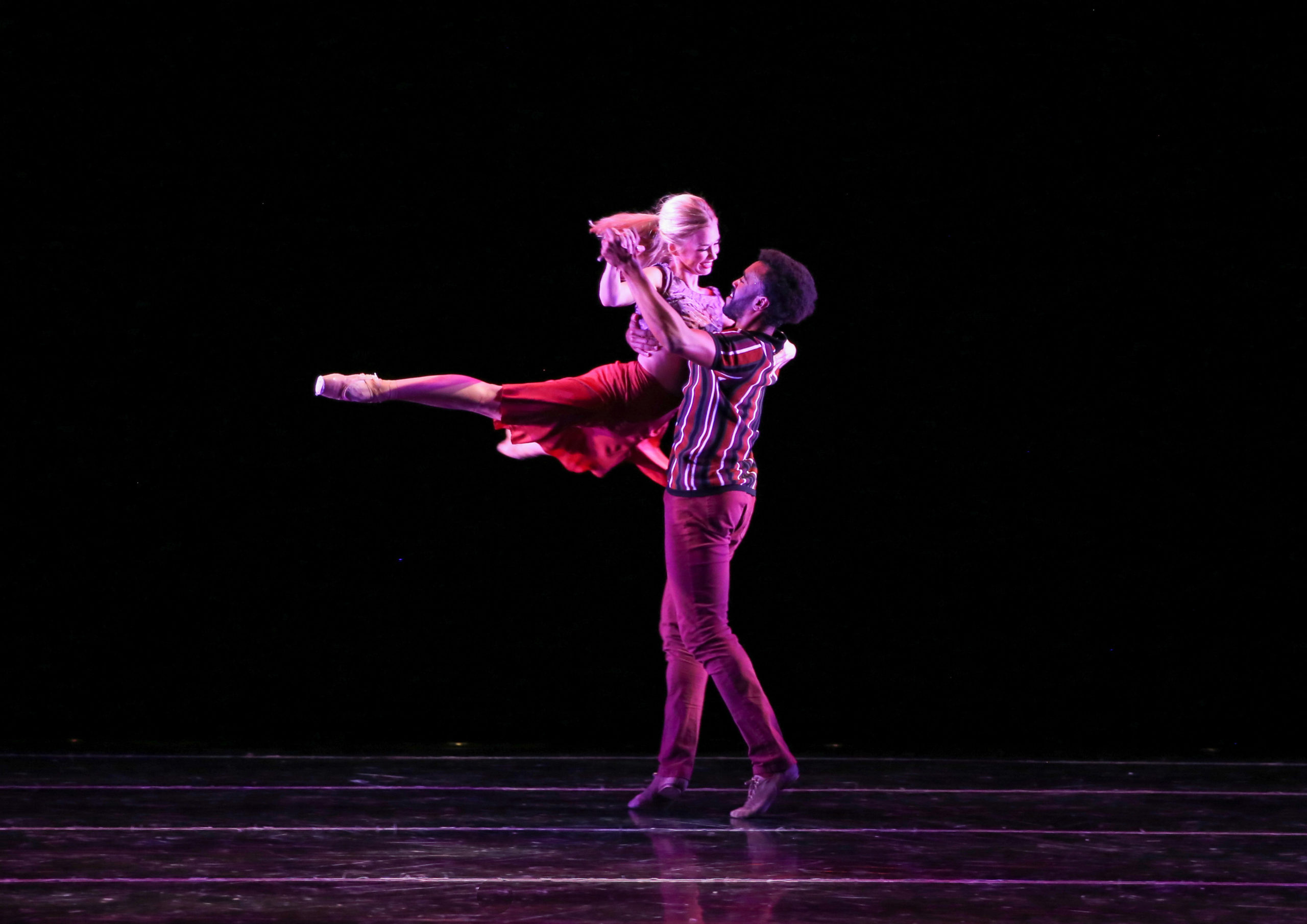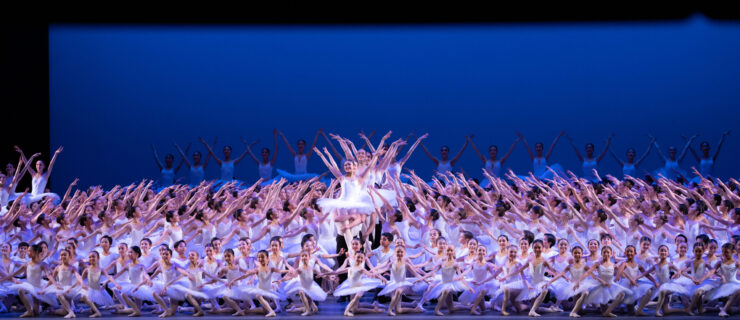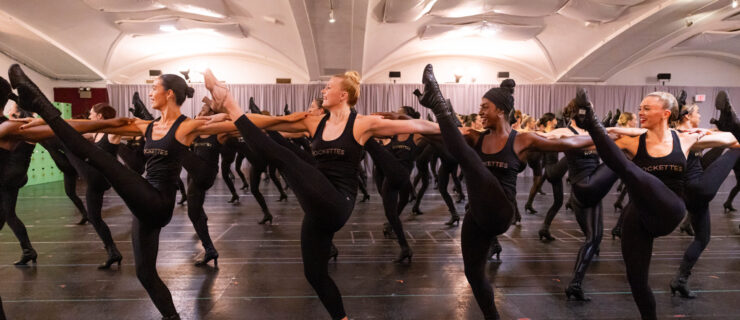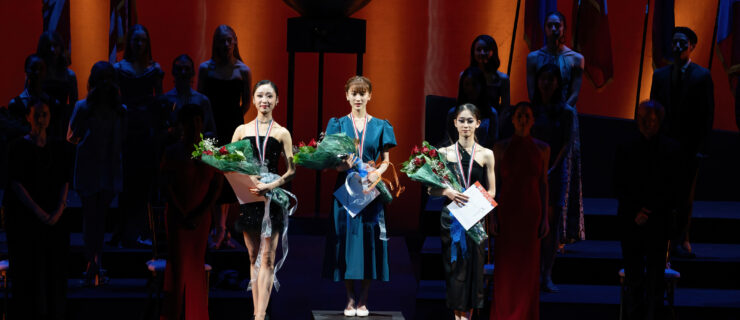Jennifer Archibald’s “Guess Who’s Coming to Dinner” Premieres at Richmond Ballet
Recent ballets by choreographer Jennifer Archibald explore how dancing creates a distinct kind of remembrance, homage and hopefulness. This week, her unique combination of choreography and documentary brings together political history, a cinematic classic and Richmond Ballet. Entitled Guess Who’s Coming to Dinner, her new ballet was inspired by the 1967 film of the same title that starred Sidney Poitier. The film plot features a white woman bringing Poitier, her fiancé, home to meet her supposedly liberal white parents.
It wasn’t until June 12, 1967, six months before the film was released, that interracial marriage was legalized. That court case, Loving v. Virginia, took place in the state where Archibald was commissioned to make a ballet.
“It started with Guess Who’s Coming to Dinner,” says Archibald. “I wanted to pay homage to this historic film through a ballet, as a step toward changing the narratives seen on stages. The spine of the story is about love, and the music for the ballet binds together themes of compassion, love and civil rights history. Singers’ voices inspire dancers to respond physically and to explore vulnerability as part of loving relationships. The ballet’s duets reflect the highs and lows that are part of unconventional relationships, historically and today.”
The score includes music by Sam Cooke, a central figure in the civil rights movement, who imbues the ballet with a soulful and poignant acoustic landscape.
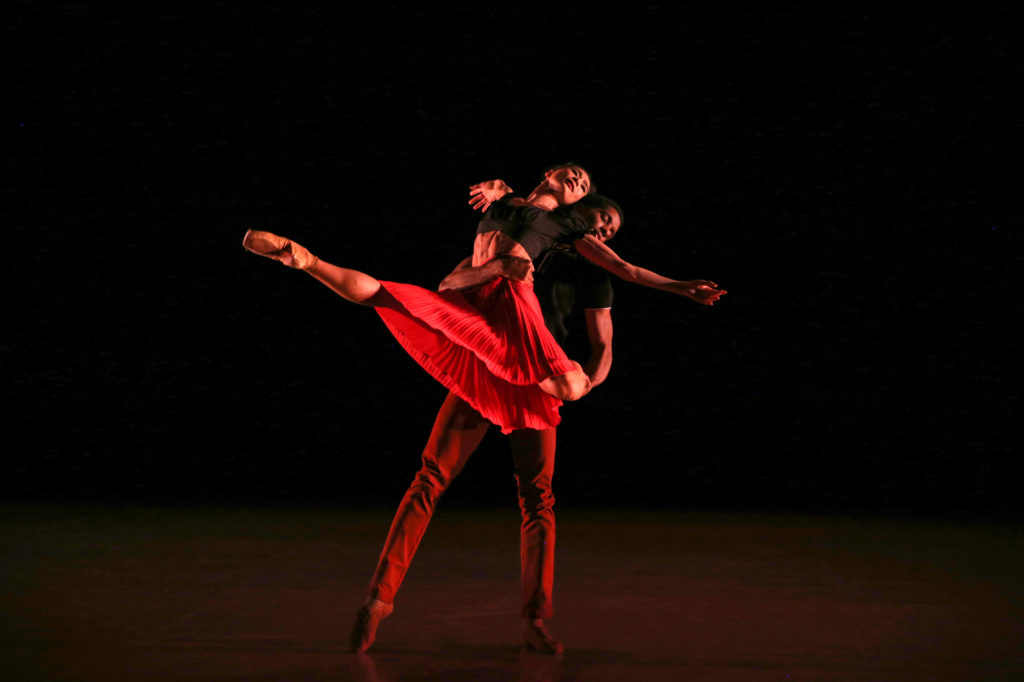
Archibald has distinguished herself as a courageous choreographer who can uncover difficult histories and make strides towards greater understanding and connections among people. In 2021, her commission for Tulsa Ballet, called Breakin’ Bricks, examined the city’s past and future, acknowledging the horrific massacre of 1921 while making space for a city that can “build together, and create a community that can listen to and support one another,” says Archibald in a video about the process of making Breakin’ Bricks that is subtitled “Finding Spirit Through Ashes.”
The ballet was selected as one of the best events of 2021, with Tulsa World critic James D. Watts Jr. writing, “Jennifer Archibald’s Breakin’ Bricks … is a work that left the audience with an unspoken but inescapable question: Now that you’ve seen how racism both subtle and gross has permeated our past and present, what will you do to remove it from our collective future?”
In Richmond, a city that was the capital of the Confederacy from 1861 to 1865, and, in 2020, home to protests about Confederate monuments, Archibald was inspired by the dancers. “Richmond Ballet is made up of a group of artists who are diverse, thoughtful, and reflective,” she says. “While making this ballet, we had many conversations about the city’s history, and its future. I talked about my own parents and what life was like for them as an interracial couple who got married in 1969 in Canada. I am hopeful that it’s the current generation of dancers and choreographers who are making ballet a place to share stories that are relevant to everyone.”
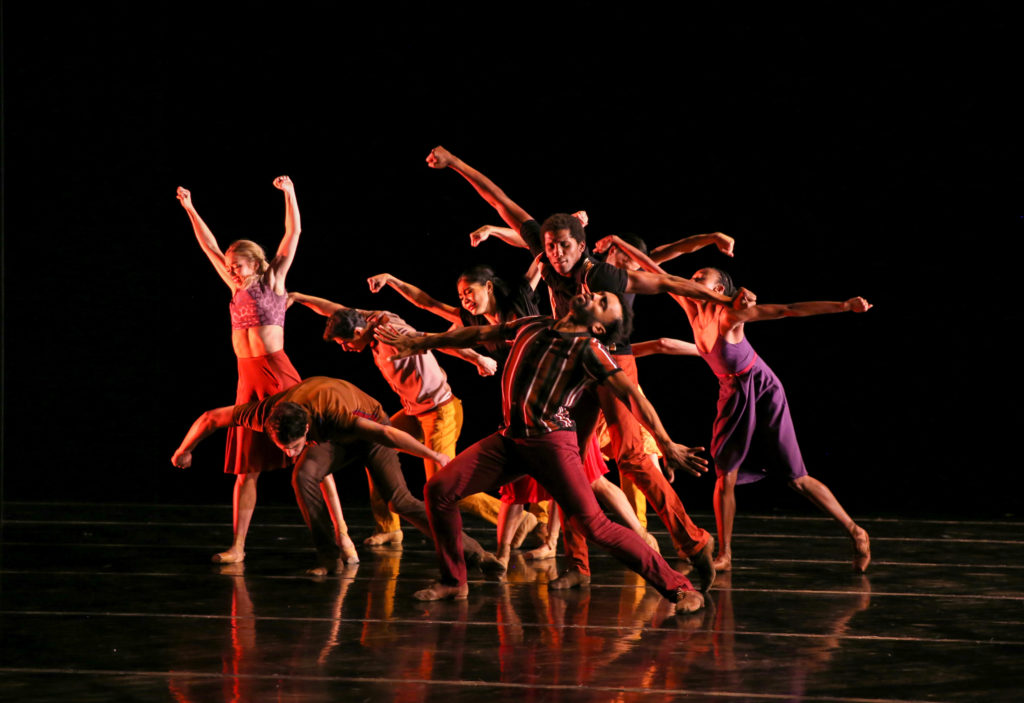
Guess Who’s Coming to Dinner premieres on November 1 and will be performed in Richmond until November 6, as part of the company’s Studio 2 program. The ballet will also be included in Richmond Ballet’s January 27 performance at the Virginia Wesleyan University Susan S. Goode Fine and Performing Arts Center in Virginia Beach, Virginia.
